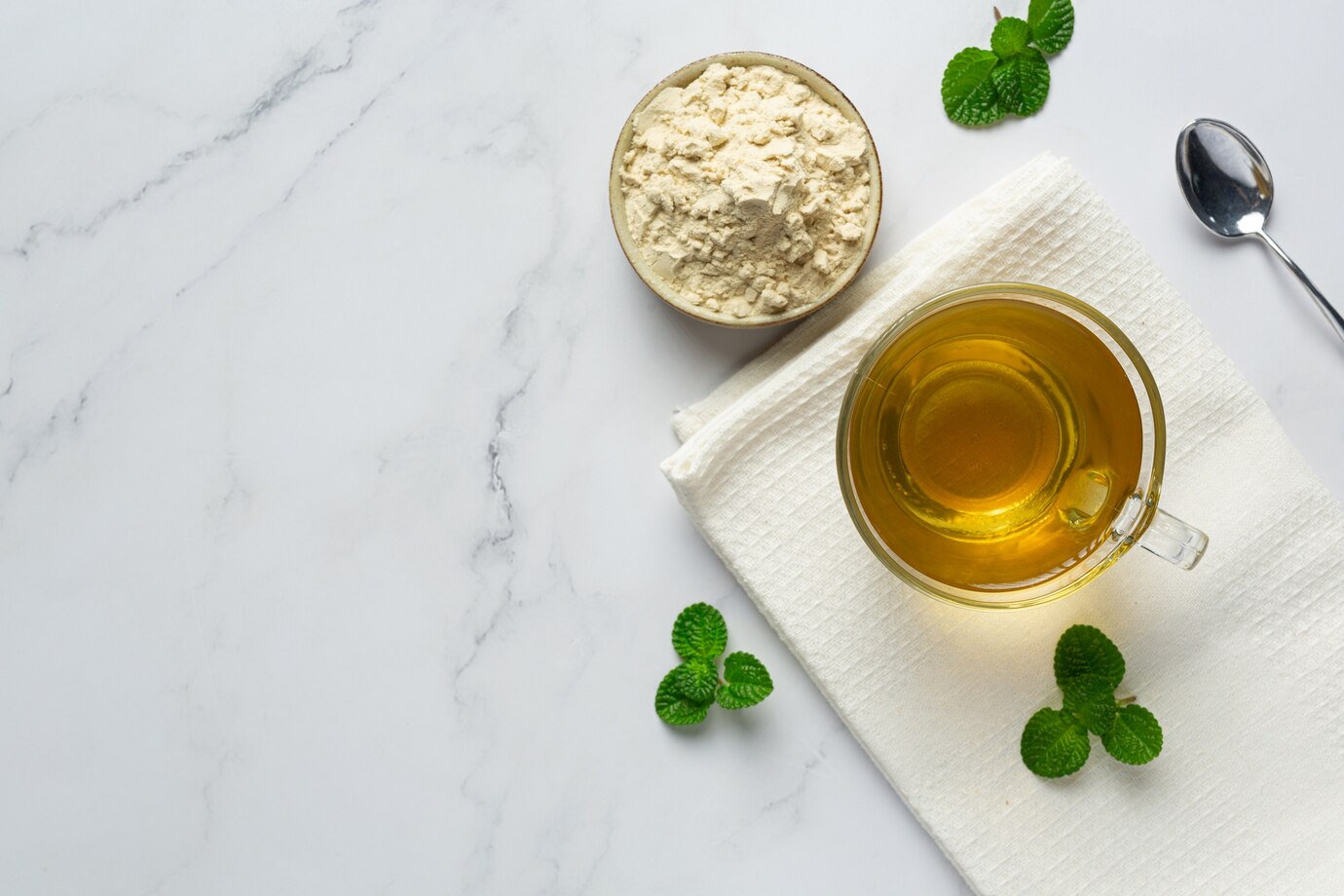Stevia, a natural sweetener derived from the leaves of the Stevia rebaudiana plant, has become increasingly popular as a sugar substitute. Despite its growing usage, stevia faces bans or restricted approval in some countries. The reasons for this are complex and often rooted in varying regulatory landscapes, scientific debates, and sometimes economic interests. This article examines why stevia is banned or restricted in certain areas and what this means for consumers and producers.
Regulatory Discrepancies
European Union
In the European Union, steviol glycosides, which are the active compounds extracted from the stevia plant, are approved as food additives. However, the stevia leaf itself is not approved for use in food products. The European Food Safety Authority (EFSA) has evaluated the safety of steviol glycosides and found them to be safe for consumption within certain limits.
United States
In the United States, the Food and Drug Administration (FDA) has not approved stevia leaves or crude stevia extracts as food additives, citing insufficient data to conclude that they are generally recognized as safe (GRAS). However, certain high-purity steviol glycosides have received GRAS status and are commonly used.
Other Countries
Some countries, like Singapore, have completely banned stevia due to concerns over potential adverse health effects. Others, such as Japan, have been using stevia for decades with no apparent negative impact on public health.
Health Concerns
One of the primary reasons cited for the restrictions on stevia is health concerns. Some animal studies have suggested that stevia could have adverse effects on fertility or be mutagenic, although these findings have not been consistently replicated in humans. The FDA and EFSA have set acceptable daily intake levels for high-purity steviol glycosides, but similar measures have not been universally adopted for whole stevia leaves or crude extracts.
Economic Factors
It’s worth noting that economic interests also play a role in the regulatory landscape of stevia. Sugar and artificial sweetener industries have considerable market share and lobbying power. Stevia, as a natural and zero-calorie sweetener, poses competition to these established industries, which could influence regulatory decisions.
Consumer Awareness
Given the varying regulations, consumers should exercise caution and awareness when consuming stevia, especially in its unregulated forms like whole leaves or crude extracts. Always adhere to local regulations and consult healthcare providers if you have specific health concerns regarding stevia consumption.
Conclusion
The regulatory status of stevia varies significantly from one jurisdiction to another due to a combination of scientific, regulatory, and economic factors. While some health concerns exist, they often apply to forms of stevia that have not undergone rigorous purification processes. Consumers should remain aware of the regulatory status of stevia in their respective countries and make informed decisions accordingly. As research continues to evolve, it is possible that the regulatory stance on stevia may change, impacting its availability and usage worldwide.


